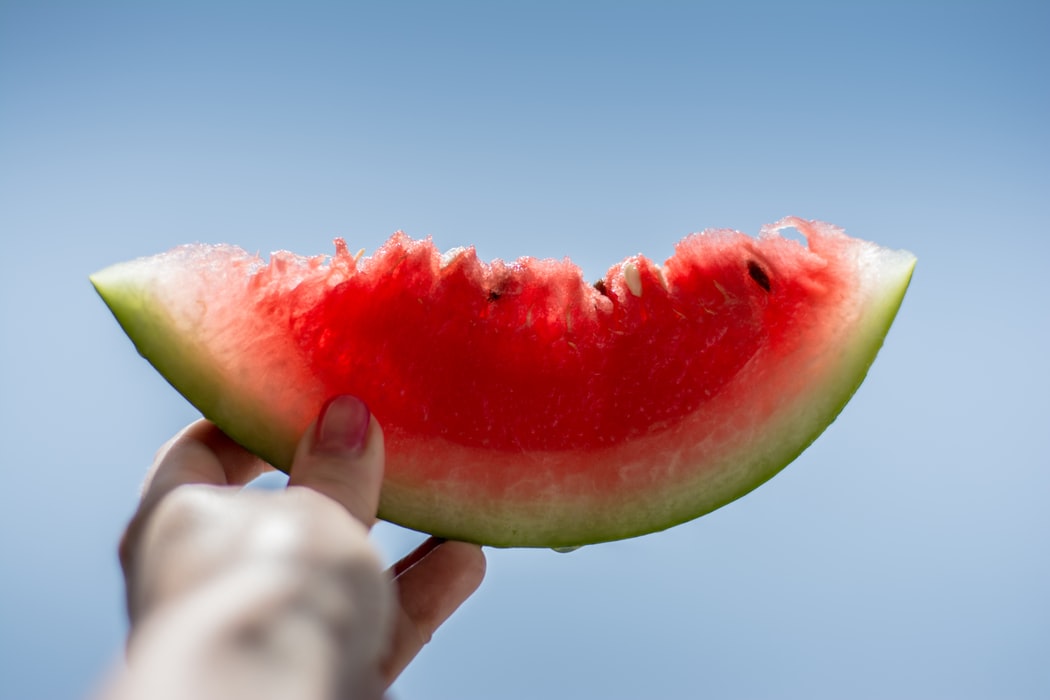The physical and mental health benefits of working out cannot be overstated—exercise is vital to living a long, healthy life. Besides exercising, there are certain items before and after a workout that should be included in the routine, such as stretching. While some may think stretching is optional, it is highly recommended as it can provide even more benefits to a workout routine. Here are some benefits to stretching after a workout:
Increased Flexibility
Flexibility is perhaps one of the most important parts of stretching after exercising. It helps bring muscles back to their resting state to make them less stiff and more flexible. Doing this can prevent injury afterward and can improve muscle soreness. What’s also great about this is that there are countless stretches one can do for different muscles and body parts depending on the routine.
Blood Circulation Improvement
Naturally, blood is pumped faster to the heart during strenuous workouts. Stretching post-workout lets the body cool off while returning the heart to its normal state and normal beat rate. Improved blood circulation allows muscles to repair and recover to prevent soreness and other kinds of injury.
Increased Energy
While working out by itself does the job of increasing energy levels, stretching afterwards does so, too. As the body is cooling off, endorphins, known as“happy” chemicals, are released from the brain. Stretching aids in cooling the body down and therefore promotes endorphin production post-workout.
Dr. Barbara R. Edwards, Princeton Internist, practices at Penn Medicine Princeton Health in the Penn Medicine Princeton Medical Center. She is also the Academic Director for the Ambulatory Residency Program at Penn Medicine Princeton Health.






